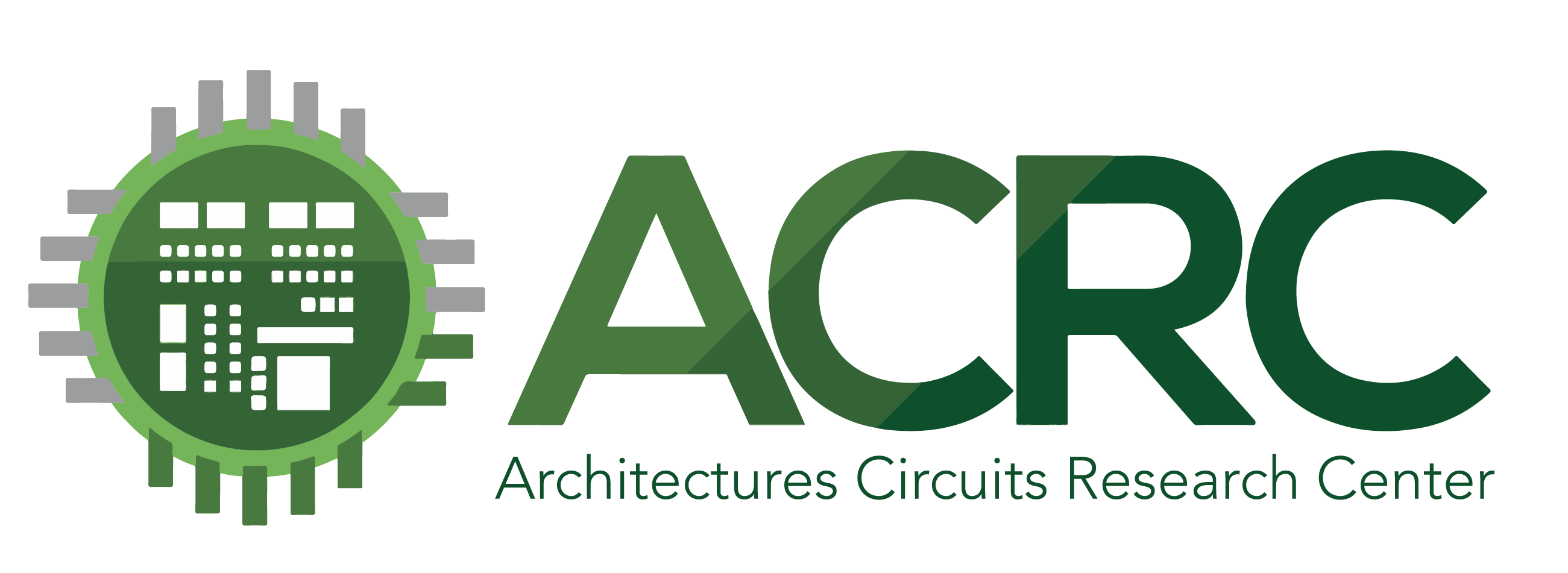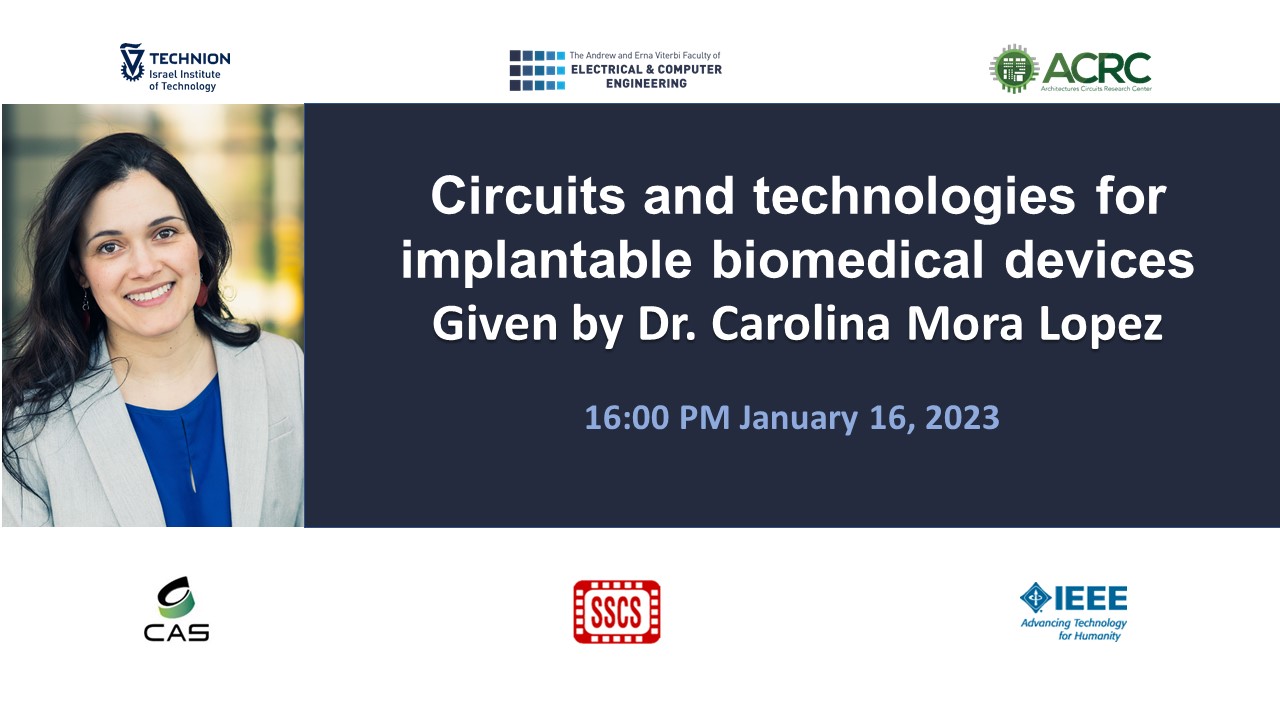Biological processes such as neuronal signaling and cell growth are among the most complex micro- and nano-scale processes in nature. Historically such processes have been studied at the system level because there were no tools available to study individual components of the process. However, cellular-level interfacing is needed to provide a better understanding of the brain and to develop more advanced prosthetic devices and brain-machine interfaces. With semiconductor technology innovations, much recent work has been focused on unraveling biological complexity, but also on driving new diagnoses, treatments, and therapies that are tailored to the individual. One of the drivers behind those innovations is novel CMOS circuits enabling multi-modal, high-precision data collection and analysis at ultra-low power consumption. In this talk, I will present recent biomedical developments based on silicon technology, and I will discuss the requirements, materials, circuit techniques, and design challenges of their ASIC and SoC platforms.
Carolina Mora Lopez received her Ph.D. degree in Electrical Engineering in 2012 from the KU Leuven, Belgium, in collaboration with imec, Belgium. From 2012 to 2018, she worked at imec as a researcher and analog designer focused on interfaces for neural-sensing applications. During this time, she was the lead analog designer and project leader of the Neuropixels development project which resulted in the conception and fabrication of the Neuropixels 1.0 and 2.0 neural probes. She is currently the principal scientist and team leader of the Circuits & Systems for Neural Interfaces team at imec, which develops circuits and technologies for electrophysiology, neuroprosthetics and BMI. Her research interests include analog and mixed-signal circuit design for sensor, bioelectronic and neural interfaces. Carolina is a senior IEEE member and serves on the technical program committee of the ISSC conference, ISSCC SRP, VLSI circuits symposium, and ESSCIRC conference.
Important: The participation is free of charge, but registration is required
For more details and updates on the series of “ACRC Semiconductor Webinars” please follow our newsletters and our website



